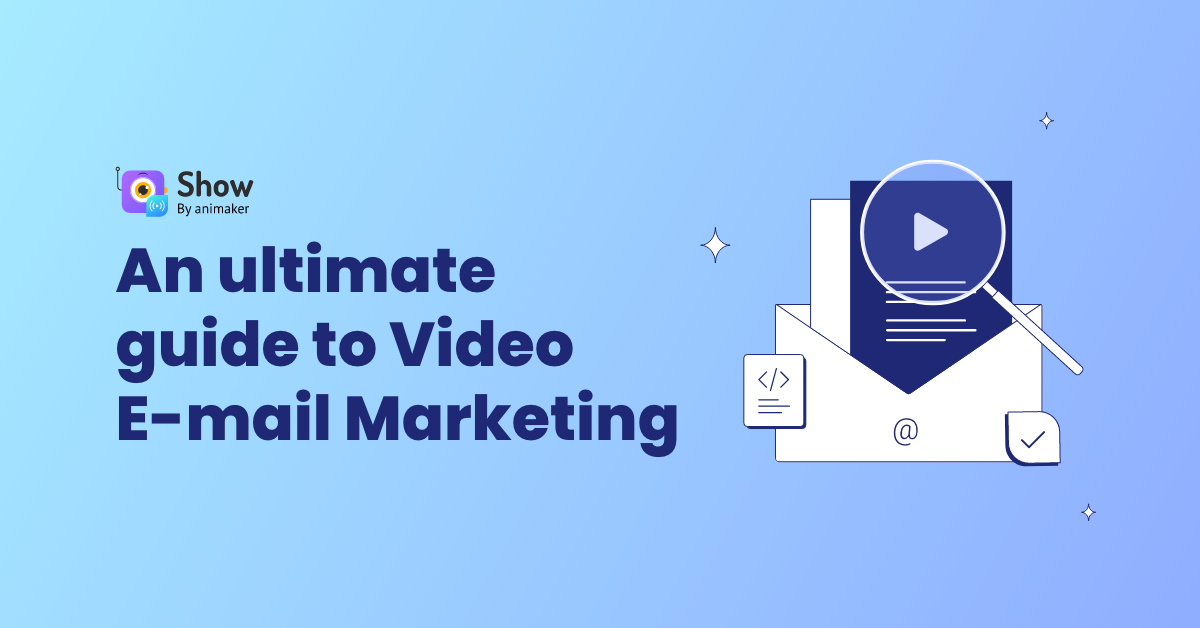Contents
Dave Sutton - Email Marketing Expert
1. Enhanced Natural Language Processing
2. Intelligent Subject Line Optimization
An Expert Opinion on AI’s Impact on Email Marketing
Discover the secrets to successful email marketing as we delve into the world of artificial intelligence and its transformative impact on email campaigns. Join us on a journey of deeper knowledge and richer insights, courtesy of the esteemed email marketing expert, Dave Sutton. Let's explore the intersection of AI and email marketing, and gain valuable strategies to take your campaigns to new heights.
Dave Sutton - Email Marketing Expert

As one of the most advanced language models in the world, GPT-3 has already demonstrated its capability in a wide range of applications, including marketing. However, with the development of GPT-4, we can expect even more significant transformations in the marketing landscape. There are several ways that GPT-4 is already transforming the way that marketers work including:
Enabling advanced chatbots that can handle more complex customer inquiries and even engage in more personalized conversations;
Supporting better content creation, such as product descriptions, blog posts, and ad copy, by generating language that is more human-like and engaging;
Improving customer targeting by processing vast amounts of data to help companies better understand their target audience and create more effective marketing campaigns that resonate with their customers;
Enhancing customer experience through new levels of personalization by analyzing customer data and preferences, allowing companies to offer tailored recommendations, content, and promotions.
GPT-4 has the potential to revolutionize the way companies approach marketing, providing them with new insights and opportunities to engage with their customers in more meaningful and effective ways. However, it remains to be seen how GPT-4 will actually be used and what its capabilities will be. To help you get started, here is a list of just a fraction of the many AI tools that are leveraging GPT to help marketers innovate in different domains - ranging from research to ideation to design and to growth strategy formulation:
And here are a few specific examples of how GPT-4 is likely to impact marketing and drive customer experience innovation at five brands that most people interact with every day:
Amazon:
The eCommerce giant has already made significant investments in AI and machine learning, and it's easy to see how GPT-4 could further enhance its marketing efforts. For example, with its advanced natural language processing capabilities, GPT-4 could help Amazon provide more personalized product recommendations based on customer preferences and search history. Additionally, GPT-4 could improve Amazon's conversational AI, making its virtual assistant Alexa even more intelligent and capable of providing personalized shopping experiences.
Nike :
As a major player in the sportswear industry, Nike is always looking for ways to stay ahead of the competition. With GPT-4, Nike could leverage its vast amount of customer data to create personalized marketing campaigns that resonate with individual consumers. For example, GPT-4 could help Nike create more targeted advertising based on customers' fitness goals, preferred sports, and buying behavior.
Coca-Cola:
As a global beverage company,, Coca-Cola is constantly seeking new ways to engage with customers and create more effective marketing campaigns. With GPT-4, Coca-Cola could create conversational chatbots that can provide personalized product recommendations based on customer preferences and shopping habits. Additionally, GPT-4 could help Coca-Cola analyze social media conversations to identify trends and opportunities for new marketing campaigns.
American Express:
the global financial behemoth could benefit from GPT-4's advanced natural language processing capabilities. With its expertise in consumer credit and travel services, American Express could use GPT-4 to create more personalized marketing campaigns that target individual customers' financial needs. For example, GPT-4 could help American Express create tailored credit card offers based on customers' spending habits and financial goals.
Airbnb:
As a leader in the sharing economy, Airbnb is always looking for ways to improve the customer experience and drive growth. With GPT-4, Airbnb could create conversational AI that can understand and respond to customer inquiries in real time. Additionally, GPT-4 could help Airbnb create more personalized recommendations for travel accommodations based on customers' preferences and past bookings.
In conclusion, GPT-4 has the potential to disrupt competitive norms and transform marketing across a wide range of industries. By leveraging its advanced natural language processing capabilities, companies can create more personalized marketing campaigns that resonate with individual customers, improve conversational AI, and drive growth. As AI technology continues to evolve, we can expect to see even more exciting developments in the marketing landscape in the years to come.
GPT-4 is set to revolutionize email marketing in 6 key ways by empowering businesses to craft personalized, engaging, and hyper-targeted email campaigns that yield remarkable results:
1. Enhanced Natural Language Processing
GPT-4 brings significant improvements in natural language processing, allowing it to better understand and generate human-like text. With advanced language models, email marketers can leverage this technology to compose more persuasive and compelling email content. GPT-4's ability to understand context, tone, and intent will enable marketers to craft emails that resonate deeply with recipients, increasing open rates and click-through rates.
2. Intelligent Subject Line Optimization
Subject lines are vital for email marketing success, as they play a crucial role in enticing recipients to open emails. GPT-4's sophisticated algorithms can analyze vast amounts of data to determine the most effective subject lines. By harnessing this capability, marketers can optimize subject lines based on recipient preferences, historical data, and real-time trends. This personalized approach ensures higher engagement, leading to improved email campaign performance.
3. Dynamic Content Generation
One of GPT-4's game-changing features is its ability to generate dynamic and personalized content. Marketers can use this technology to automate the creation of tailored email content based on individual customer preferences, browsing behavior, purchase history, and demographic data. GPT-4's deep learning capabilities enable the generation of highly relevant and timely content, ensuring each email feels like a one-to-one conversation with the recipient.
4. Smarter Email Segmentation
Segmentation plays a vital role in effective email marketing. GPT-4's advanced machine learning algorithms can analyze vast amounts of customer data to identify patterns and preferences. Marketers can leverage this technology to create highly granular segments based on demographics, behavior, interests, and engagement levels. By delivering hyper-targeted emails to specific segments, businesses can maximize customer engagement, conversion rates, and overall ROI.
5. Real-Time Email Personalization
GPT-4's real-time learning capabilities enable marketers to dynamically personalize email content based on the latest customer interactions. By integrating with customer relationship management (CRM) systems and other data sources, GPT-4 can adapt email content based on recent website visits, purchase behavior, or even social media activity. This level of real-time personalization elevates email marketing campaigns to a whole new level, fostering stronger customer relationships and driving better results.
6. Automated A/B Testing
GPT-4's AI-powered automation extends to A/B testing, simplifying the process for email marketers. By analyzing historical data, GPT-4 can identify variables to test, generate alternative content, and measure the performance of different elements within email campaigns. This automation saves marketers time and resources, allowing them to focus on strategic decision-making rather than manual testing, resulting in more effective and efficient email marketing campaigns.



